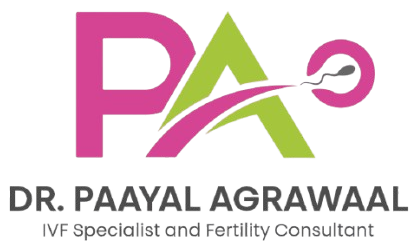Social Egg Freezing
Infertility and IVF - Social Egg Freezing
Book Appointment
For Appointment

What is Social Egg Freezing?
Social egg freezing (also called elective egg freezing) is the process of preserving a woman’s eggs (oocytes) for non-medical reasons, typically to delay childbearing for personal, career, or lifestyle choices. Unlike medical egg freezing—which is done before treatments like chemotherapy—social egg freezing is chosen by women who wish to extend their fertility window and have biological children later in life.
In this procedure, hormone injections are used to stimulate the ovaries to produce multiple eggs, which are then retrieved, frozen, and stored for future use. When the woman is ready to conceive, the eggs can be thawed, fertilized with sperm, and transferred to the uterus through in vitro fertilization (IVF).
Social egg freezing is becoming increasingly popular among women in their late 20s to late 30s who want to secure their chances of having children later, especially as fertility declines with age. While it provides more reproductive options, it doesn’t guarantee pregnancy, and success rates depend on the age at which the eggs are frozen—the younger, the better.
Benefits of Social Egg Freezing
- Preserves Fertility – Helps women maintain the option of having biological children later, especially as natural fertility declines with age.
- Greater Reproductive Control – Offers flexibility in planning for motherhood based on personal, career, or relationship readiness.
- Reduces Pressure to Settle Early – Allows women to focus on personal growth or career without rushing into relationships or parenthood.
- Better Egg Quality if Done Early – Freezing eggs at a younger age captures them at peak quality, improving future chances of a healthy pregnancy.
- Backup for Uncertain Future Fertility – Acts as a safeguard for women who may face fertility challenges later in life.
